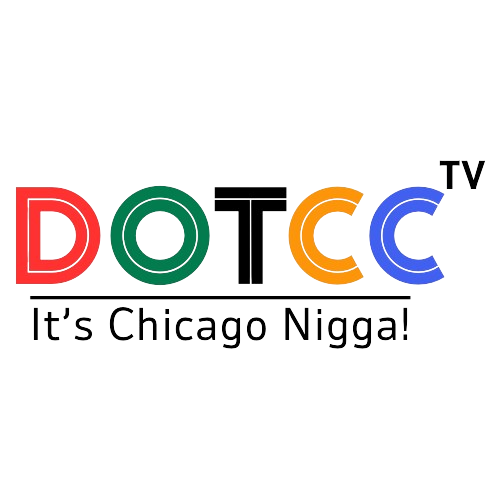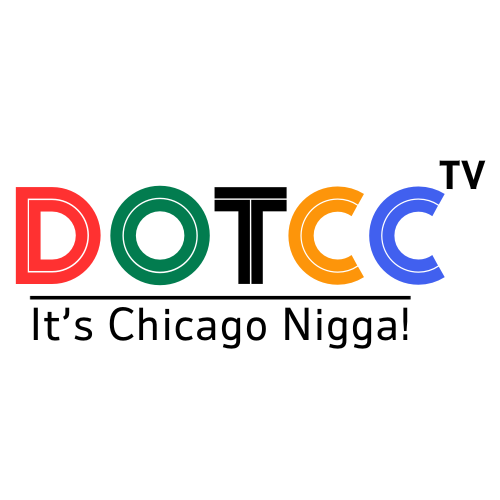Key members from the Artwork Not Proof marketing campaign have referred to as for laws proscribing using rap lyrics as proof in prison trials.
The marketing campaign, which began final 12 months, goals to limit using rap lyrics in trial. Defendants are sometimes unfairly prosecuted from lyrics sometimes understood to be exaggeration or fiction, and even showing in rap movies. As of June 2023, over 240 individuals within the UK have been jailed after a court docket determination that was partly based mostly on their involvement with rap music.
Thus far, the marketing campaign has been backed by figures similar to IDLES, Annie Mac, and extra. There are additionally plans for a invoice to be tabled within the subsequent parliamentary session by MP Nadia Whittome, the place all types of creative expression might be held to the next threshold for use in court docket.
On the Home of Commons yesterday (January 10), NME attended the panel chaired by Elli Brazzill. She is the founding father of Artwork Not Proof, has beforehand labored for Warner Music, and is presently the Music Editor at Napster Music.
Brazzill mentioned that the criminalisation of drill music can impede up-and-coming rappers, beginning with their music movies. It was lately revealed that from 2020-2022, the Met Police requested 654 drill/rap movies to be taken down – with 635 requests profitable. Met Police requests to take away UK drill content material from TikTok have elevated by 366 per cent since 2020. Brazzill cites Abra Cadabra’s ‘On Deck’ video for example: “It was about to hit the highest ten. His digital supervisor approximated that was 70 per cent of the streams – that’s your momentum reduce.”
One other approach wherein rappers could be harmed is thru prison behaviour orders (CBOs). These orders can stop rappers from mentioning violent themes of their lyrics to proscribing who they’re able to meet with. Probably the most well-known instance of that is Digga D, whose challenges navigating a CBO had been introduced within the BBC documentary Defending Digga D.
Brazzill mentioned the CBO can lengthen deeper into the musical ecosystem, harming a musician’s profession. “You’re not allowed to keep in touch for a sure period of time, and we’re not speaking simply bodily – we’re speaking texts and calls,” she mentioned. “Typically they may put your producers and your supervisor [on them], so that you actually can’t proceed doing all of your profession while you’re out.”
Lastly, Brazzill says that the criminalisation of drill music can have an effect on artists’ possibilities of even being signed to a label. “A narrative that lots of people don’t know is that when XL tried to signal Giggs, the police actually went to XL, referred to as the label supervisor and mentioned, ‘Don’t signal this man’,” she mentioned. “It’s not simply pervasive, it’s focused.”
Regardless of police warnings, XL went on to signal Giggs in 2009; by 2016, the rapper went impartial.
While younger, up-and-coming Black rappers have normally been targets, the case of Younger Thug demonstrates how this situation is escalating past the grassroots. He’s presently on trial with rap lyrics presently getting used as alleged proof of his involvement in a gang.
Erik Nielson, who testified as an knowledgeable on Younger Thug’s case, warned that the rapper’s case might sign extra profitable artists being focused. Nielson is the co-author of Rap On Trial: Race, Lyrics and Guilt in America, and has appeared in over 100 circumstances within the US as a witness knowledgeable. He mentioned that Younger Thug’s fame might be a “double-edged sword” in his trial.

“On the one hand, I’m sure that police have focused him and are taking a look at different well-known rappers as a result of they see them as main scores,” he remarked.
“With visibility comes this sort of hazard – as you begin to go up the charts, it will get scarier. That’s completely different from the best way it was. This was nearly solely one thing that we noticed with up-and-coming artists.”
He added: “Alternatively, his fame and success provides him the authorized assets to mount a defence that almost all of those newbie artists couldn’t come close to. I’ve labored on it since he was indicted, and I’ve not seen a extra strong defence to this point.”
There isn’t any different style like rap or drill that’s used to prosecute defendants. Adèle Oliver, writer of Deeping It: Colonialism, Tradition & Criminalisation of UK Drill, mentioned a rustic artist writing about somebody “shot with a shotgun” wouldn’t be in the identical place as a rapper writing about “cheffing somebody with a knife”.
“Nation is taken into account to be an artwork type,” she mentioned. “There’s respect for the information required to change into an actual nation artist. I wouldn’t dare name myself a rustic music knowledgeable after listening for a few hours, however police can try this about rap as a result of it’s simply individuals speaking over some drums.
“There’s a particular lack of creative credit score, understanding that Black individuals can do something past the literal and rudimentary.”
Keir Monteith KC is a barrister who has defended quite a few younger males in trials the place rap lyrics or movies are used as proof. He mentioned younger Black males are sometimes indicted attributable to joint enterprise legal guidelines; even when defendants don’t homicide the sufferer themselves, they will nonetheless be convicted of homicide if they’re interpreted as a part of a gang (aka ‘joint enterprise).
Rapping, showing in a drill video or merely “taking an curiosity in drill” is sufficient to persuade jury members that defendants are a part of a gang. Monteith referred to as it “a whole travesty of justice”.
“Typically the authorized system locks up for all times quite a few Black defendants on the again of this joint enterprise, and infrequently simply on the premise of the actions of a single particular person – actually tons of and tons of of years of injustice,” he mentioned. “That’s why we’d like this laws.”
One notable case Monteith labored on was a 2022 trial the place ten members of the alleged ‘M40’ gang in Manchester had been jailed for a complete of 131 years. They had been convicted over a conspiracy to commit homicide and grievous bodily hurt to avenge the loss of life of pal Alexander John Soyoye, who was stabbed to loss of life in 2020. Monteith mentioned: “This case hits me so exhausting.”
He highlighted Ademola Adedeji’s story within the case, who was 17-years-old on the time of Soyoye’s loss of life. In accordance with Monteith, Adedeji had plans for his personal ebook, had an unconditional provide to check legislation on the College of Birmingham, and labored as a careperson for individuals with dementia. Adedeji had even spoken to MPs on the Home of Commons in regards to the challenges younger Black males confronted.
“Like a lot of his co-defendants, Ade was of excellent character – past good character,” he mentioned. “He’d put us all to disgrace at that age. However he was alleged to be a part of a violent road gang.
“In accordance with the prosecution, Ade and the others bought concerned in violent road gangs as a result of they’ve an curiosity in drill. He wasn’t even cross-examined by the prosecution on drill in that trial. The jury was nonetheless informed to take it under consideration.
“What did he get? Eight years! It’s disgusting.”
Monteith lastly warned that law enforcement officials will attend “rap programs” to change into specialists on drill, the place they may inform juries in regards to the that means of rap lyrics to “hand gestures” and “colors” that could be displayed within the video.
“Rap and drill music is collected and introduced by a police drive that’s institutionally racist,” he acknowledged. “The authorized system’s place to begin with this fictional type of leisure and artistic expression is that in case you’re Black, and also you rap, you make gun fingers and even simply seem in a rap video, then you definately’re in a gang.
“When so-called gang proof within the type of music movies shouldn’t be scrutinised, the adversarial system fails defendants in its cost.”
Artwork Not Proof’s open letter could be signed right here.





:max_bytes(150000):strip_icc()/beef_stroganoff_072_0-1-14b979e7e0e943e0bea96ca93d54ef06.jpg)